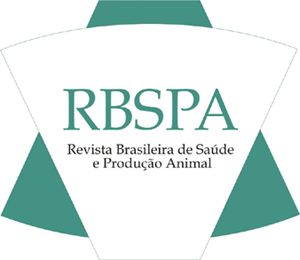SUMMARY
The objective of this study was to investigate the characteristics of silages prepared with a dry bakery by-product hydrated with acid whey or water associated or not at urea. The trial was a 3 (hydration at three moisture levels: 250, 300, and 350 mL kg−1 of by-product) × 3 (three application rates of urea: 0, 5, and 10 g kg−1 of by-product) × 2 (liquid used at hydration: acid whey or water) factorial arrangement. Mini-silos were used as experimental silos and remained closed for 30 days. Overall, silages hydrated with acid whey had higher (P<0.01) production of lactic (19.6 vs. 18.5 g kg−1 of dry matter [DM]), acetic (2.5 vs. 1.8 g kg−1 of DM) and propionic acid (8.0 vs. 5.4 g kg−1 of DM), and lower (P<0.05) fungi counts (5.35 and 5.01 cfu g−1 of fresh silage) compared to silages hydrated with water. Increased hydration led to the higher production of total acids (P<0.01), decreasing silage pH; but increased hydration reduced DM recovery (P<0.01). Silages hydrated with water and acid whey at 250 mL kg−1 and combined at 5 and 10 g kg−1 of urea exhibited higher DM recovery (P<0.05). Silages of a dry bakery by-product hydrated with acid whey had a better fermentation pattern and could represent a practical strategy to avoid discarding both by-products into environment.
Keywords:
alternative feed; chemical composition; fungi; lactic acid bacteria
